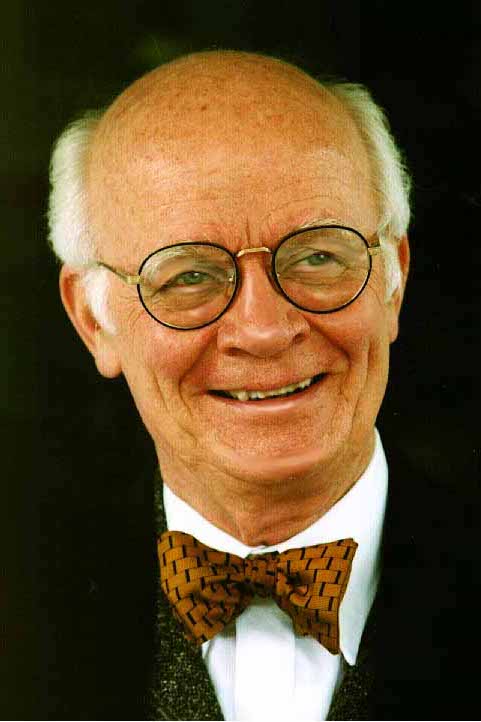Columnist Frank Rich in the New York Times recently joined the company of those who note, as his headline says, that “The Culture Warriors Get Laid Off.” He wrote of the “upside to the economic meltdown,” one which allows citizens to get serious now about drastic issues and render secondary the no-win/no-lose fights over what get called “cultural” as opposed to “political” or “economic” conflicts. Rich reported on the strangely muted response by legislators to news that seasons ago would have led them to, yes, outrage: Rich pictured that when the Administration shelves the “don’t ask, don’t tell” policy about gays in the military, it “will be greeted with more yawns than yowls.”
In his view, the old New Right has lost credibility, as when “the two top candidates for leader of the post-Bush G.O.P., Rush and Newt, have six marriages between them,” and a roll call including Mark Foley, Larry Craig, David Vitter, and “the irrepressible Palins” render talk of “family values” idle.
“The religious right is even more in denial than the Republicans,” Rich adds, reacting as it does with non-apoplectic responses to the appointment of Kathleen Sebelius, who supports abortion rights, to the Health and Human Services post. Similarly, Congressional Republicans made tepid response or ignored it. Reaction to new action on governmental support for stem cell research lacked its old fire. “The family-values dinosaurs that once stalked the earth – Falwell, Robertson, Dodson and Reed – are now either dead, retired or disgraced.” Et cetera.
Rich went on with a chancier comment on how seriously to take the polls, which show that “nones” – people with no religious attachment or interest – is a fast-growing camp in America. That’s a different topic for a different day. For now, it’s advisable to keep fingers crossed. Culture wars, like other wars, can get heated up after cooling, but they are not likely to take the forms they did, nor keep media over-awed again.
Similarly, non-culture-warring phenomena tabbed “Evangelical” are also meeting changed fates, as a spate of books proclaims the decline, if not the fall, of the churchly evangelical empire in America. Those within the evangelical camp do show some signs of worry, but those outside it are grossly inaccurate in their visions of drastic decline.
The one issue in the culture wars that still has energy is “gay marriage” – “same-sex unions,” and the like. While most public attention goes to its political and judicial fronts, as with Proposition 8 in California, less notice is given, except to members of some church bodies, to the battlefields in the churches. Episcopalians, Presbyterians, Lutherans, Methodists and other Protestants of many sorts seem bent on policies of self-destruction at their assemblies and conventions; so say those who anticipate with dread their denominational conventions this summer. We recall “good old days,” when church leaders debated doctrines of the Trinity, Christology, and not just sex-sex-sex.
Listen to those close to the scene and you will hear of ironies. Thus, the power people and convention voters tend to be older people, and they will decide on issues that – ask any campus pastor, for example – are seen as only old peoples’ issues, not part of the world younger generations inhabit. Another irony: Most of those caught in the middle of these battles know that there will not be any winners – just wearied conventioners who trudge home, confident that they have served God, ready to take up more important church work with those who are left, and necessarily girding up for battle on the same issues in 2010. Maybe the economic crisis will distract them.
Republished from Sightings with permission of the University of Chicago Divinity School.

The Fairfax M. Cone Distinguished Service Professor Emeritus at the University of Chicago, Dr. Martin E. Marty taught there for 35 years, chiefly in the Divinity School, where the Martin Marty Center for the Public Understanding of Religion was founded and to whose weekly column Sightings he contributed. Ordained a Lutheran pastor in 1952, he served from 1956-2013 as a columnist and senior editor at the Christian Century and authored more than 60 books including Righteous Empire, for which he won the National Book Award; the three-volume Modern American Religion; The One and the Many: America’s Search for the Common Good; The Mystery of the Child; Building Cultures of Trust; The Christian World: A Global History; Martin Luther (in the “Penguin Lives” series); and Dietrich Bonhoeffer’s Letters and Papers from Prison: A Biography.
